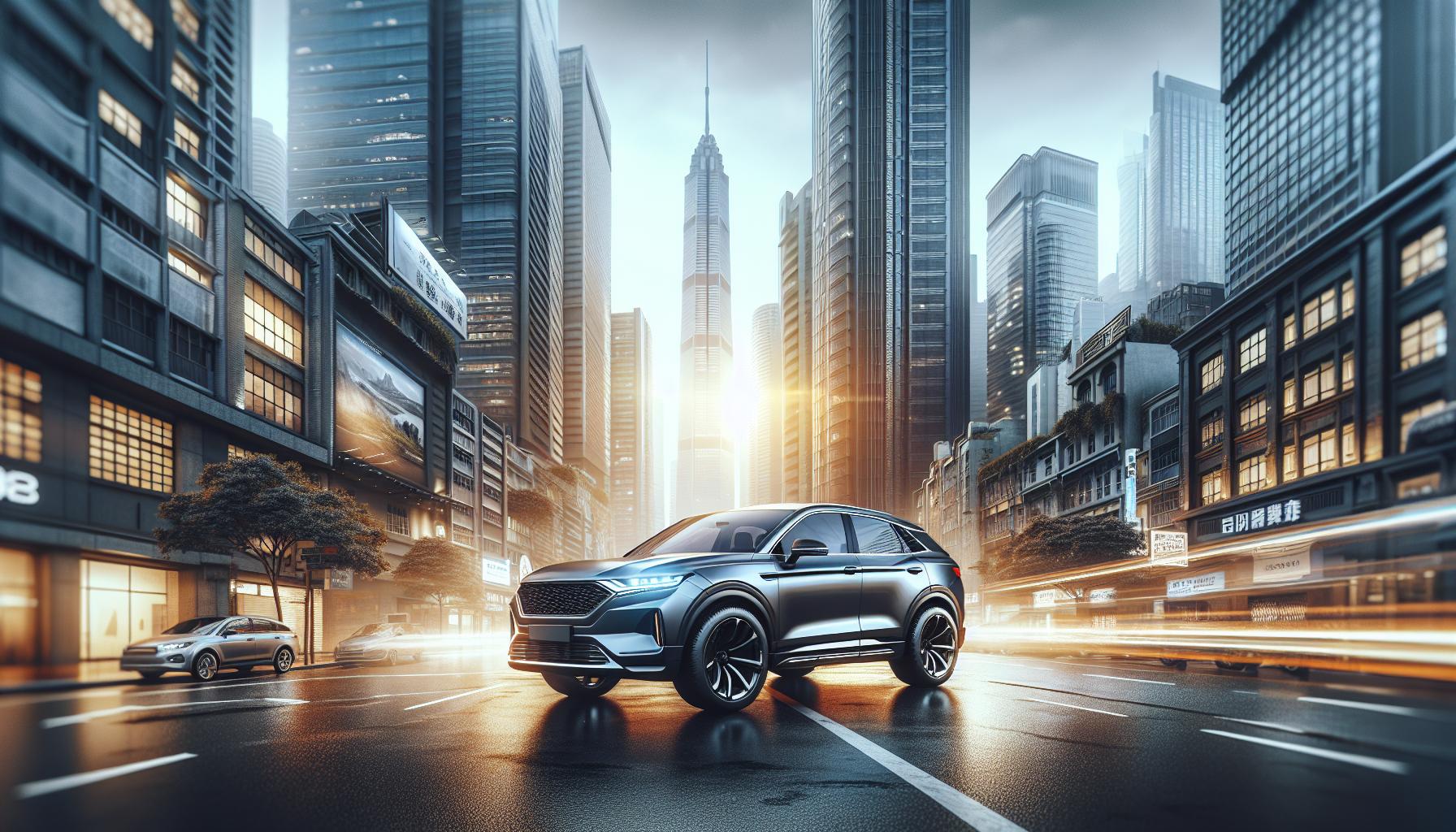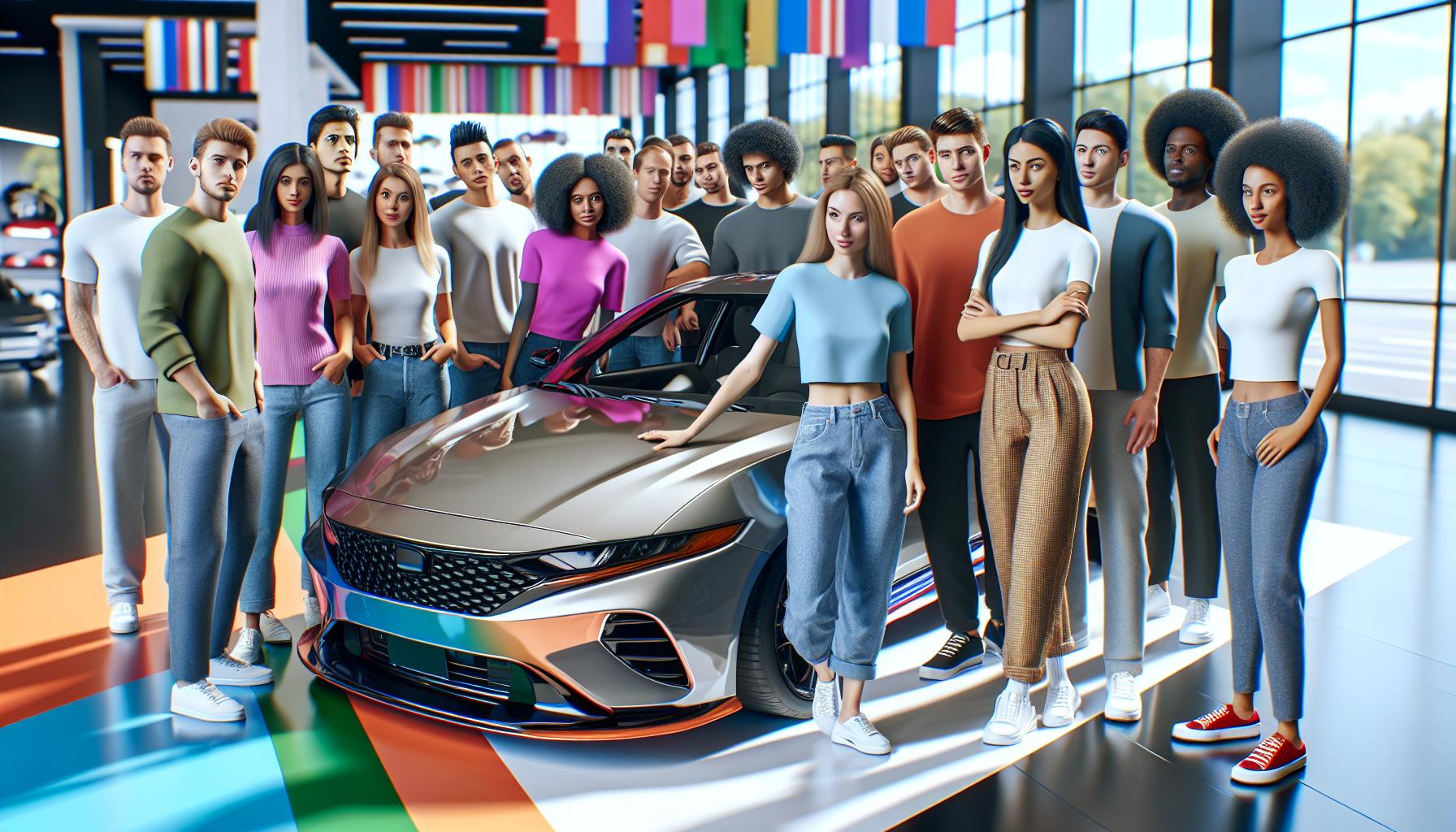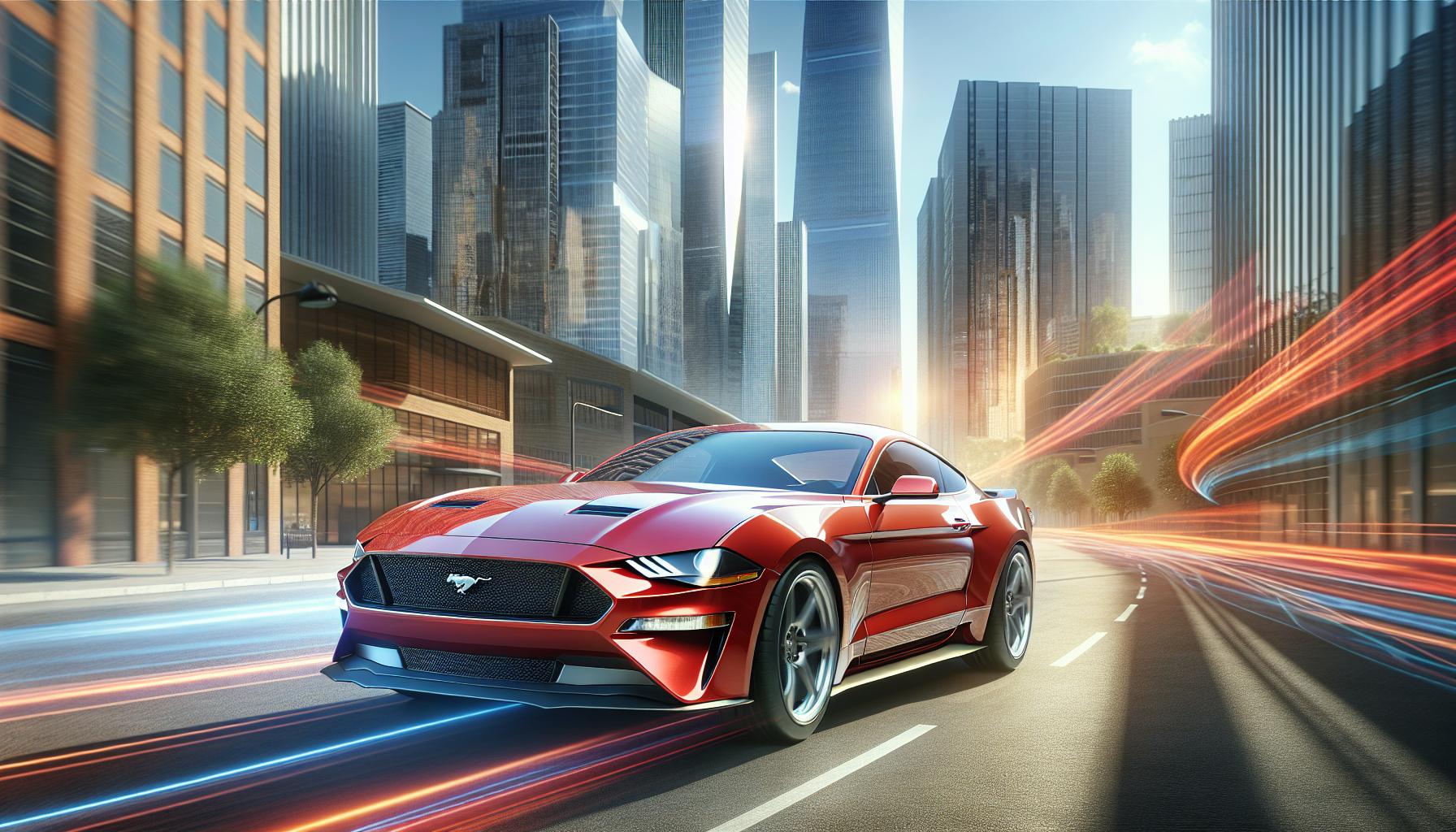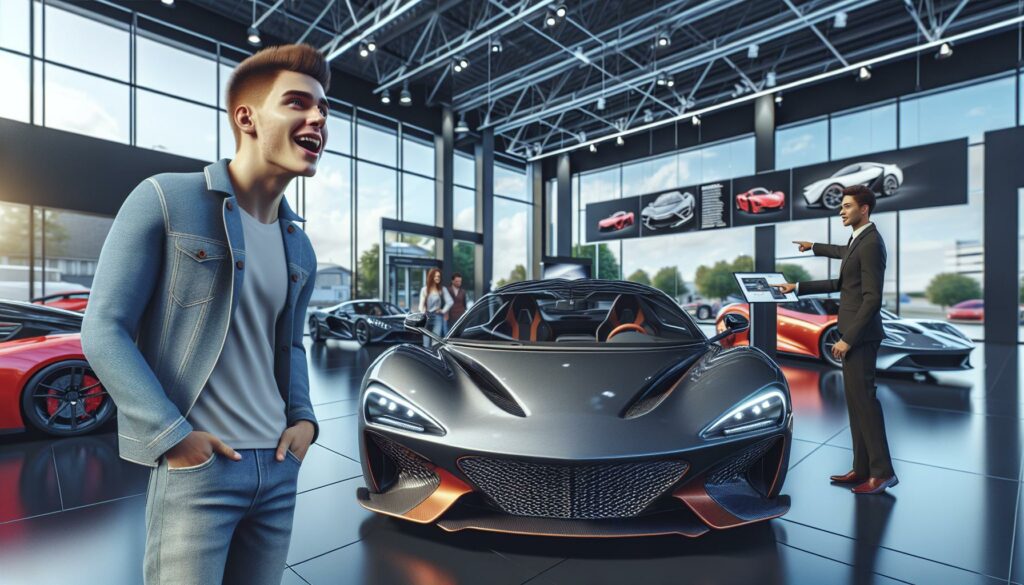In the fast-paced world of auto sales, sport trends are revving up like a turbocharged engine. With consumers craving performance and style, dealerships are racing to keep up with the latest demands. From sleek designs to cutting-edge technology, today’s buyers want more than just a car—they want a lifestyle on wheels.
Sport Trends Auto Sales
Sport trends auto sales reflect a significant shift in consumer preferences. Performance-oriented vehicles attract buyers looking for speed and handling. Stylish designs play a crucial role in appealing to the modern consumer. Advanced technology features enhance the driving experience, contributing to increased sales.
Sports cars represent a growing segment of the market. According to industry reports, sales of performance vehicles increased by 15% in the past year. Numerous manufacturers are investing in high-performance models to meet this demand.
Dealerships recognize the importance of showcasing sporty options. A well-curated inventory that highlights performance specifications often leads to quicker sales. Demonstration drives provide potential buyers a taste of speed and agility, aiding decision-making.
Fuel efficiency remains a consideration for some buyers while exploring sport models. Automakers are responding by integrating hybrid and electric technologies into high-performance vehicles. Such innovations allow enthusiasts to enjoy speed without compromising on sustainability.
In addition, manufacturers utilize social media and digital marketing to showcase sporty features. Engaging visuals and captivating narratives about the driving experience help attract a younger audience. Virtual reality experiences also allow consumers to immerse themselves in the sport vehicle’s world before making a purchase.
The competition among brands drives continuous innovation in performance and style. Future trends suggest a growing emphasis on personalization options for buyers. With companies focusing on unique features and customizations, the sport trends auto sales are likely to evolve further.
Current Market Trends

Sport trends auto sales reflect a dynamic market that prioritizes performance and style. The increasing demand for vehicles that embody these traits shows no sign of slowing down.
Growth in Sport Utility Vehicles
Sport Utility Vehicles (SUVs) are leading the charge in auto sales, capturing significant market share. Sales of sporty SUVs have grown by 20% over the past year. This growth can be attributed to their blend of performance, versatility, and comfort. Families and adventure-seekers alike find appeal in these larger vehicles, as they offer both space and endurance. Manufacturers are introducing models equipped with advanced handling systems, sporty designs, and powerful engines to attract buyers. Dealerships are focusing on these sporty options, featuring them prominently on showroom floors. Enhanced technologies, like all-wheel drive, continue to enhance the driving experience in this segment.
Rise of Electric Sports Cars
The rise of electric sports cars marks a pivotal shift in the auto industry. Performance-oriented electric vehicles have seen a 25% increase in sales over the last year. Many automakers are integrating high-performance electric motors to deliver the speed and handling enthusiasts crave. Brands are competitively innovating in this space, blending sustainability with thrilling driving experiences. Additional features, such as instantaneous torque and improved battery technology, enhance performance metrics significantly. This surge is attracting a younger, eco-conscious demographic. Social media campaigns are increasingly highlighting innovative designs and performance specs to create buzz among potential buyers.
Consumer Preferences

Modern auto buyers gravitate toward sporty vehicles that offer both performance and style. This consumer shift influences manufacturers and dealerships alike.
Demographics of Sport Car Buyers
Sport car buyers mainly include younger millennials and Gen Z consumers seeking thrilling driving experiences. These segments prioritize performance, with about 60% of buyers under 35 years old showing interest in high-speed options. Gender distribution indicates that about 70% of sport car buyers are male, although female engagement is growing, reflecting an emerging trend. Income levels typically range from $75,000 to $150,000, highlighting a target demographic that can invest in higher-end models. Dealerships are focusing on this diverse age group, promoting features that resonate with their active lifestyles.
Features Driving Purchases
Performance features remain central to consumer decisions, with engine power and handling taking precedence. About 80% of buyers prioritize acceleration and speed in their selection process. Advanced technology like infotainment systems and driver-assistance features also influence preferences significantly. Buyers seek connectivity options, including smartphone integration and premium sound systems, enhancing the driving experience. Meanwhile, sustainability grows in importance, as millennials show increased interest in electric and hybrid performance vehicles. Stylish designs, encompassing sleek aesthetics and modern colors, further entice consumers, prompting them to make sportier choices.
Major Players in the Industry

Leading brands play a pivotal role in shaping sport trends in auto sales. Companies like Ford, Chevrolet, and BMW lead the market, targeting consumers with high-performance vehicles. Notably, Ford’s Mustang and Chevrolet’s Camaro attract buyers seeking speed and style. BMW’s M series offers a blend of luxury and performance, appealing to a youthful demographic. Data indicates these brands capture significant market share, driving competition and innovation.
Innovations fuel advancements in the industry, enhancing buyer appeal. Automakers are integrating cutting-edge technologies, such as advanced handling systems, into their models. Electric and hybrid vehicles gain traction, with performance-oriented electric cars showing a 25% sales increase. Features like instantaneous torque have made electric sports cars more attractive to eco-conscious buyers. Integration of infotainment systems and driver-assistance features enhances user experience, making sporty vehicles more desirable than ever.
Challenges Facing Sport Trends Auto Sales
Rising competition presents a significant challenge for sport trends in auto sales. Many brands, including Ford, Chevrolet, and BMW, vie for market share, driving innovation and investment in performance vehicles. Additionally, economic fluctuations impact consumer purchasing power, affecting sales of higher-end models.
When considering buyer preferences, sustainability emerges as a key factor. A growing segment of the market now prioritizes eco-friendly vehicles, including electric and hybrid options. Despite the increase in interest, manufacturers struggle to balance performance with environmental considerations.
Another challenge involves shifting demographics. Auto industry players face a primarily male audience, with around 70% of sport car buyers identified as male. Engaging the rising interest among female consumers in sporty vehicles requires targeted marketing efforts.
Pricing strategies also complicate the landscape. With most sport car buyers’ income levels ranging from $75,000 to $150,000, producers must ensure that pricing aligns with consumer expectations while maintaining profitability. Finding this balance is crucial as brands introduce new models that feature advanced technologies.
Technological advancements play a dual role in both attracting and challenging manufacturers. Buyers increasingly desire premium infotainment systems and driver-assistance features, yet continual updates to technology necessitate ongoing investments. Meeting these demands while maintaining affordability poses a considerable hurdle.
Market saturation in the SUV segment poses its own set of difficulties. As sporty SUVs gain popularity, offering distinguishing features becomes essential for dealerships. In this competitive environment, dealerships need to find new ways to highlight the performance benefits to entice modern consumers.
Landscape of Auto Sales
The landscape of auto sales is rapidly evolving with a clear shift towards sporty vehicles that combine performance and style. As younger consumers prioritize speed and advanced technology, manufacturers are responding with innovative designs and features that cater to this demand. The rise of electric performance cars and sporty SUVs highlights a commitment to sustainability without sacrificing excitement.
Dealerships are adapting by showcasing these options and enhancing the overall buying experience. This dynamic market not only reflects changing consumer preferences but also sets the stage for future trends that will redefine what it means to drive a sporty vehicle. With ongoing competition and innovation, the sport trends in auto sales are set to thrive, attracting a diverse and engaged audience.

